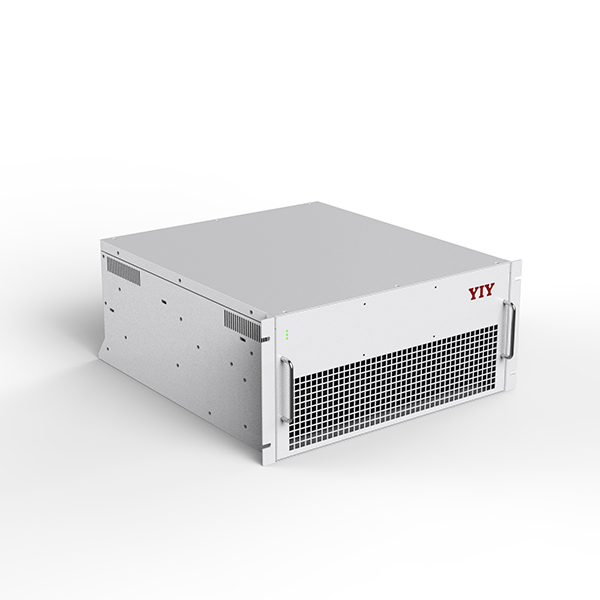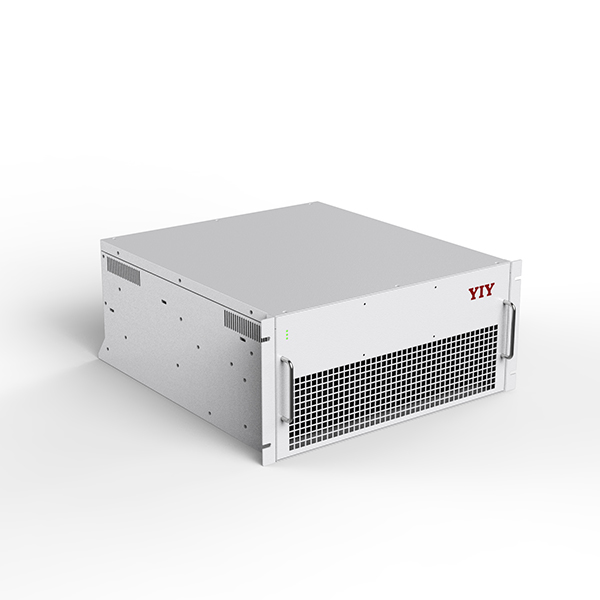Example video title will go here for this video
Over the past several months, VERIFY has received many questions about plug-in devices that claim to save you money on your power bill by reducing electricity usage. Many of our viewers said they learned about these products through Facebook ads. Harmonics In Power Quality

Several readers asked specifically about “Miraclewatt.” Others asked about a product called “Stop Watt,” and whether it was really invented by Elon Musk like some ads claimed.
Do plug-in devices like Miraclewatt or Stop Watt save money on electricity bills?
U.S. Department of Energy
Buckinghamshire and Surrey Trading Standards, which is like the Federal Trade Commission (FTC) for a region in England
United Kingdom’s Office for Product Safety & Standards
Sustainable Energy Group, a solar power company based in California
Raritan, a company that builds power and energy monitoring products
Reviews on Trustpilot and the Better Business Bureau (BBB)
No, plug-in devices like Miraclewatt or Stop Watt do not save money on electricity bills.
Did you know VERIFY has a YouTube show? Subscribe for a weekly roundup of our top fact-checks.
Plug-in boxes or devices that claim to lower your electricity usage and reduce your power bill are sold under many different product names, such as Miraclewatt, Stop Watt, Pro Power Saver and Voltex. None of these are actually sold by or associated with billionaires such as Elon Musk or Bill Gates. None of them will help reduce your power bill, either.
“The fact is, there is nothing that you can plug in that will reduce your electricity usage and lower your household power bill,” says the Central Alabama Electric Cooperative.
Because these devices include an LED light, they might even increase your power bill by a tiny amount, Aaron Ismail, vice president of customer energy services for Central Alabama Electric Cooperative, says in a video the cooperative posted.
That’s exactly what Buckinghamshire and Surrey Trading Standards, which is like the Federal Trade Commission (FTC) for a region in England, found when it tested four plug-in devices that claimed they could save customers as much as 90% on electricity in February 2023.
“However, following testing by Trading Standards officers it was discovered that electrical consumption actually increased when using the products,” Buckinghamshire and Surrey Trading Standards said. “Safety issues were also discovered, with poor construction and access to live parts examples of some of the faults with the products.”
Many reviews on MiracleWatt’s Better Business Bureau (BBB) page complain about seeing no difference in electricity bills, even after a year of using the product. Over 90% of the reviews on Voltex’s Trustpilot page give the product one star because customers say the product does not do as advertised.
That’s because these energy-saving devices can’t actually change the amount of electricity the appliances in your home use, and what they claim to change doesn’t impact your electricity bill anyway.
Is it possible for these products to do what they claim?
Many of these devices, such as Voltex, claim they save people energy through something called “power factor correction.” This is a real thing, it just doesn’t have an impact on residential energy bills.
When you turn on something that requires electricity within your home, it will draw more power than it actually uses, says Raritan, a company that builds power and energy monitoring products. Your device or appliance will absorb the power it uses, and this extra power is reflected back to its source: the power company. Power factor correction is supposed to reduce or eliminate this extra, unused power.
When you use electricity at home, your electrical system will pull electricity from the grid and through your electric meter, Alliant Energy says. Power companies measure your electricity use and bill you based on your electric meter readings, which are in kilowatt-hours, the U.S. Department of Energy says.
Power companies only bill households for the electricity you absorb, which excludes the extra electricity sent back to them, according to Central Alabama Electric Cooperative and Sustainable Energy Group, a solar power company based in California. Electrical meters are designed to measure just the power you absorb. In fact, a kilowatt-hour is a measurement that excludes unused power, which is measured differently, says Catalyst Consulting.
But even if power factor correction devices did somehow bring energy savings to residential consumers, these devices wouldn’t be much help anyway.
The United Kingdom has recalled at least one common version of these devices for safety reasons. In that recall notice, the British Office for Product Safety & Standards noted the simplistic construction of the device “despite the manufacturer’s energy saving claims.”
Multiple electronics-oriented YouTube channels have taken apart examples of these devices and come to similar conclusions. Inside one of the devices is a circuit, a small capacitor that’s supposed to be responsible for the power factor correction and an LED light that turns on as soon as the device is plugged in. Testing within the videos show that they don’t reduce power usage.
Do these products have red flags in their ads?
The way these devices are marketed through ads, articles and their own websites are red flags that should make you wary of them, even if you didn’t already know their claims are impossible.
Many of these products, sold under different names, use the same product images in their marketing. For example, articles for Stop Watt, Voltex and Miraclewatt analyzed below all use pictures of the same white box featuring an LED-powered green line and a logo of a lightning bolt. A reverse image search reveals this exact energy-saving device is sold under countless different names.
VERIFY went looking for the ads readers asked us about. We found some in Meta’s Ad Library, which is a database of ads that run on Facebook and Instagram, and we found others through Google searches for the products named.
The ads often direct people to fake news articles promoting the product. Some of these articles falsely claim the products to be endorsed by celebrities such as Elon Musk, and claim to significantly reduce power bills by as much as 90%. Many of them are written with the exact same text or use the same charts and images.
Scams involving CBD gummies and weight-loss gummies have employed similar strategies in which they mimic real news websites and attach celebrity names without permission.
One ad for Stop Watt appears to be posing as a news article mimicking Fox News that claims Elon Musk is selling or endorsing the product. Despite using the Fox News color scheme and leading the story with a subhead that suggests it’s a Fox News story, the banner of the web page just says “News Reports” and the URL isn’t the usual Fox News URL. Additionally, a disclaimer at the bottom of the website says that it’s an advertisement.
Articles that are word-for-word, image-for-image identical to this one also exist for brands such as Pro Power Save and Esaver Watt.
Neither Stop Watt, Pro Power Save or Esaver Watt are listed among Musk’s companies on his biography page on the Tesla website.
These articles claim that Musk began selling whichever brand is being promoted after a Tesla worker named Dorothy Smith supposedly died of heat stroke after falling behind on rising power bills. But a reverse image search of the photo of “Dorothy Smith” actually leads to a local news story that identified the woman in the photo as Donna Mueller, a woman who died after being struck by lightning outside of the White House in 2022. VERIFY could not find any credible news articles about the Dorothy Smith in the Tesla story.
In a different article, this one advertising Voltex, the photo for the story’s supposed author, Dave Freeman, is actually a stock photo — a generic photo that people can pay to use online. Another article, this one for VoltBuddy, is identical to the Voltex article except that it uses a different photo of the three unnamed founders for the unnamed startup company apparently responsible for Voltex and VoltBuddy.
An article about MiracleWatt says “SCAM EXPOSED” in the headline, but the body of the article promotes the product as if it’s not a scam. This contradiction between the headline and the body is suspicious, and may be a strategy to get an article promoting MiracleWatt at the top of a search for “MiracleWatt scam.”
Finally, some of these brands ask you to give their product more time to work than the refund window is open. For example, Pro Power Save says you should “allow up to 6-8 weeks to start seeing the benefits and results.” But it has an unclear refund window of 14 to 30 days after you receive the product, and won’t even accept returns unless the product is unused and in its original packaging.

Harmonic Filters In Hvdc The VERIFY team works to separate fact from fiction so that you can understand what is true and false. Please consider subscribing to our daily newsletter, text alerts and our YouTube channel. You can also follow us on Snapchat, Instagram, Facebook and TikTok. Learn More »
